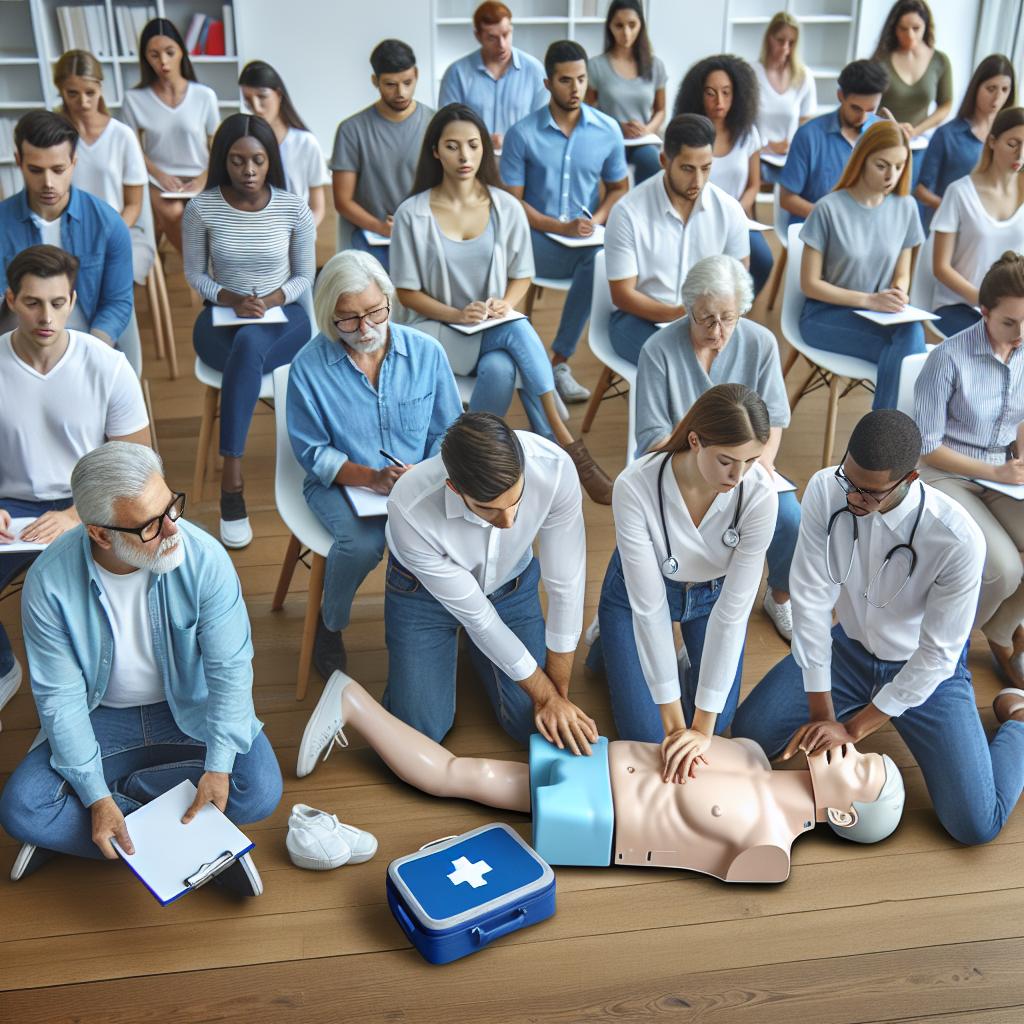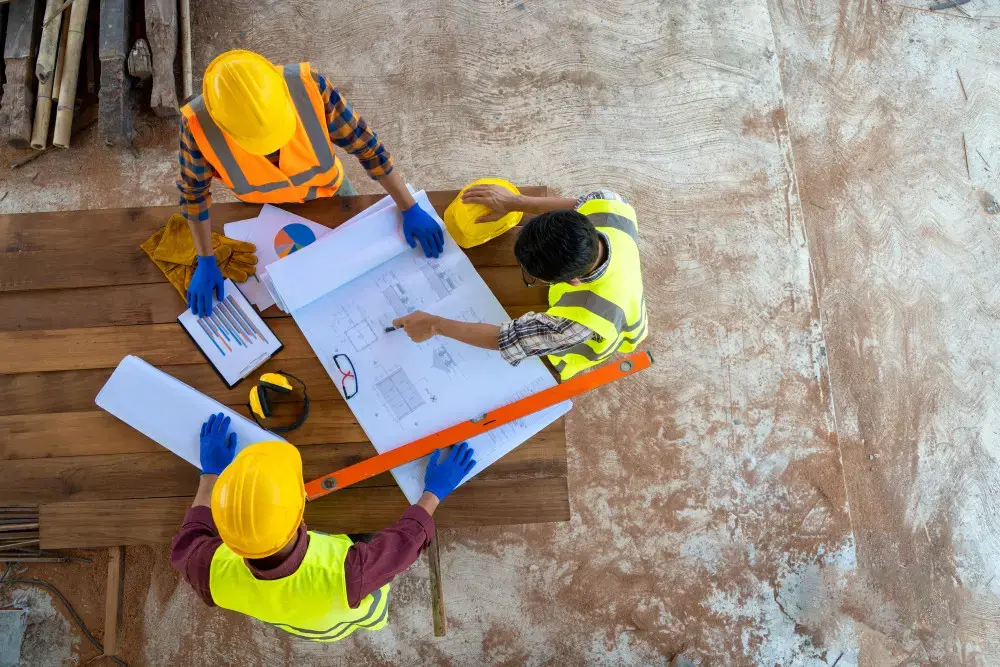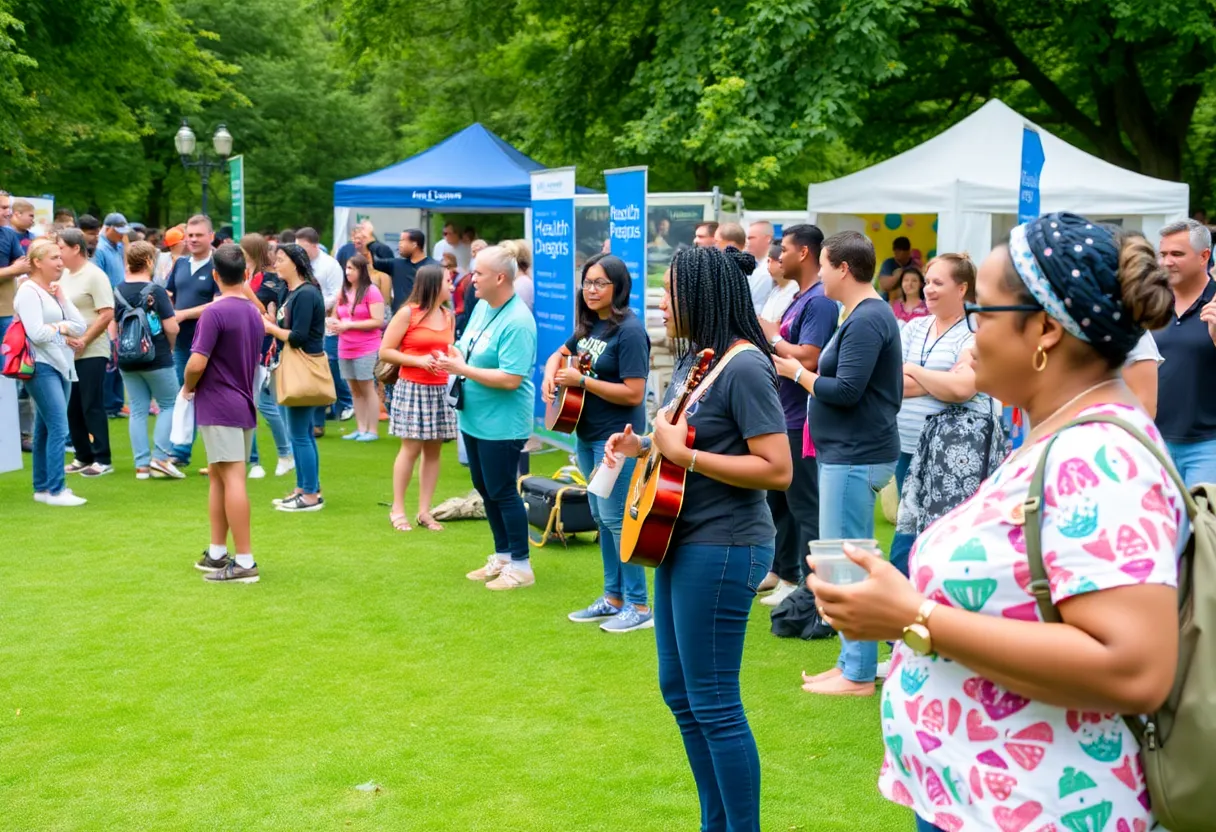Community Takes Action Against Sudden Cardiac Arrest
In Birmingham, local health experts are rallying the community around the critical importance of being prepared for Sudden Cardiac Arrest (SCA). This health condition can strike without warning, making awareness and preparedness vital for potentially saving lives.
Understanding Sudden Cardiac Arrest
Sudden cardiac arrest occurs when the heart unexpectedly stops beating, leading to immediate loss of consciousness and breathing. Unlike a heart attack, which is often caused by a blockage in blood flow, SCA arises from an irregular heartbeat that leaves the victim unable to respond or breathe normally. According to Dr. Irfan Asif, a leading expert from the University of Alabama at Birmingham (UAB), the signs of SCA can include an abrupt loss of consciousness, irregular breathing, and even seizure-like activity due to lack of oxygen to the brain.
Recognizing the Signs
Common signs that may indicate someone is on the brink of SCA include chest discomfort, shortness of breath, extreme weakness, and heart palpitations. Dr. Austin Kane emphasizes that it’s critical for those witnessing these signs to quickly assess the situation. He advises checking for a pulse: if none is found, immediate action is necessary.
“Call 911, start CPR, and locate the nearest Automated External Defibrillator (AED),” Dr. Kane explains. “Using an AED within three to five minutes can significantly increase the chances of survival.”
The Community’s Role
Understanding that SCA can strike anyone at any time, UAB experts stress the importance of community preparedness. It’s crucial for individuals, especially in high-risk environments like sports events, to be trained in CPR and to know where AEDs are located. Dr. Cam Hebson points out that being prepared is not just beneficial; it’s essential for safeguarding lives.
In addition to this awareness, the presence of athletic trainers at sporting events is highlighted as a vital precaution. “Sudden cardiac arrest affects everyone,” James Jones, head athletic trainer at UAB, points out. “In emergencies, a quick response can mean the difference between life and death.” Every minute without CPR after collapse can decrease the chance of survival by 10 percent, according to the American Heart Association.
Local Initiatives for Training and Resources
The UAB Sports Medicine Cardiology Clinic is actively working on providing cardiac care, particularly tailored for young athletes, including those affected by COVID-19. Furthermore, UAB has partnered with Birmingham City Schools to offer CPR training for faculty and staff. Jones and Sherri Huff from the school system serve as instructors, assisting in implementing CPR and AED training in schools and community groups.
This training is not limited to Birmingham City Schools; all school systems in Alabama can access similar resources. Schools interested in scheduling training sessions are encouraged to reach out for support.
Supporting Programs in Place
The CoachSafely Foundation is also working diligently to educate parents and coaches on the risks of SCA in young athletes. They aim to reduce youth sports injuries through education and resource sharing.
Notably, the Alabama LifeStart program, funded by Blue Cross Blue Shield of Alabama and other partners, has equipped public middle, junior, and senior high schools with Automated External Defibrillators. Their ongoing efforts are focused on ensuring schools have both AEDs and the educational tools necessary for quick response in emergencies.
Conclusion: A Call to Action
As community members in Birmingham learn more about the signs and responses to sudden cardiac arrest, the hope remains that increased awareness can lead to improved survival rates. With accessible training and preparedness, we can work together to ensure that when lives are on the line, our community is ready to act.







